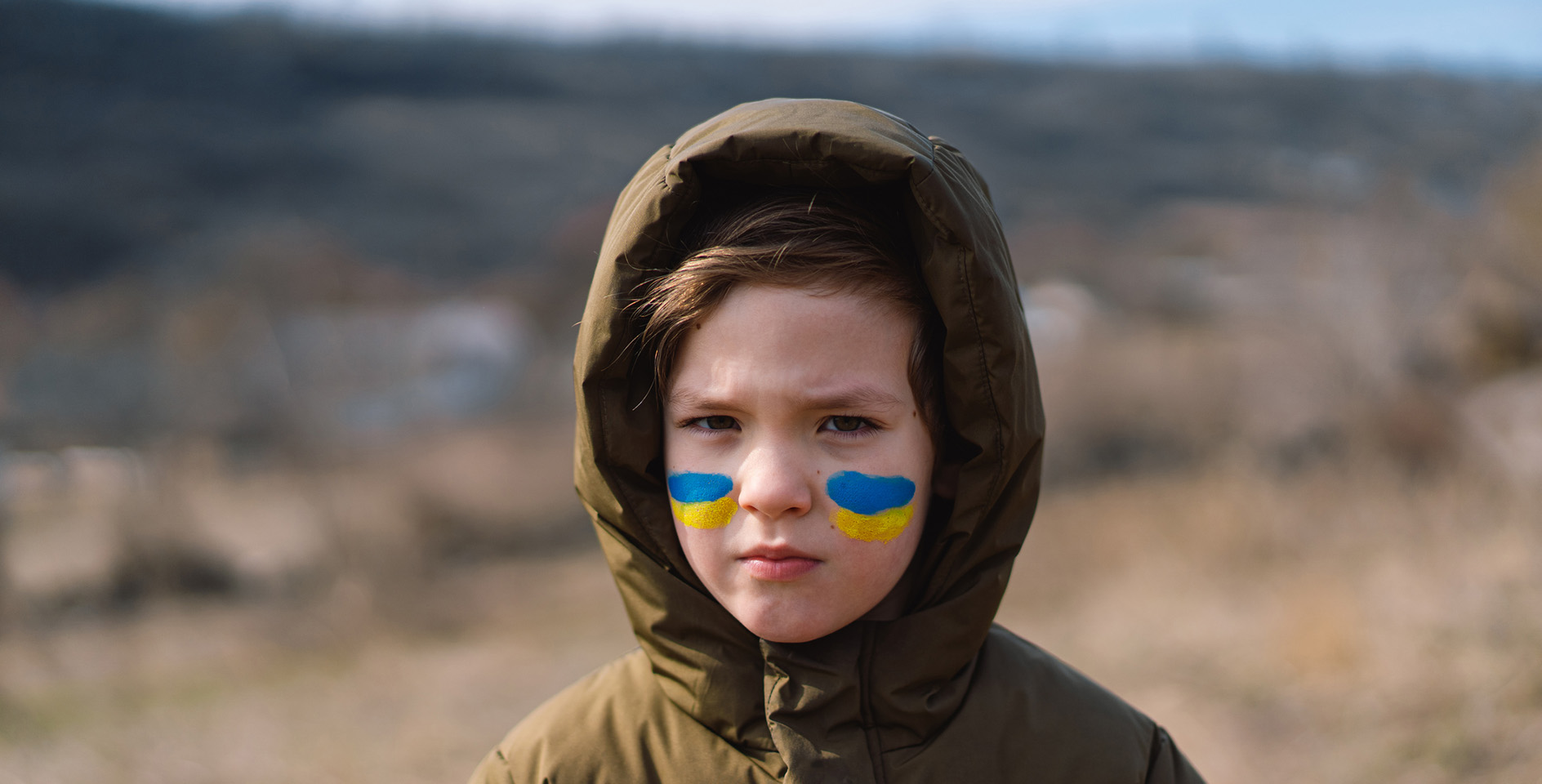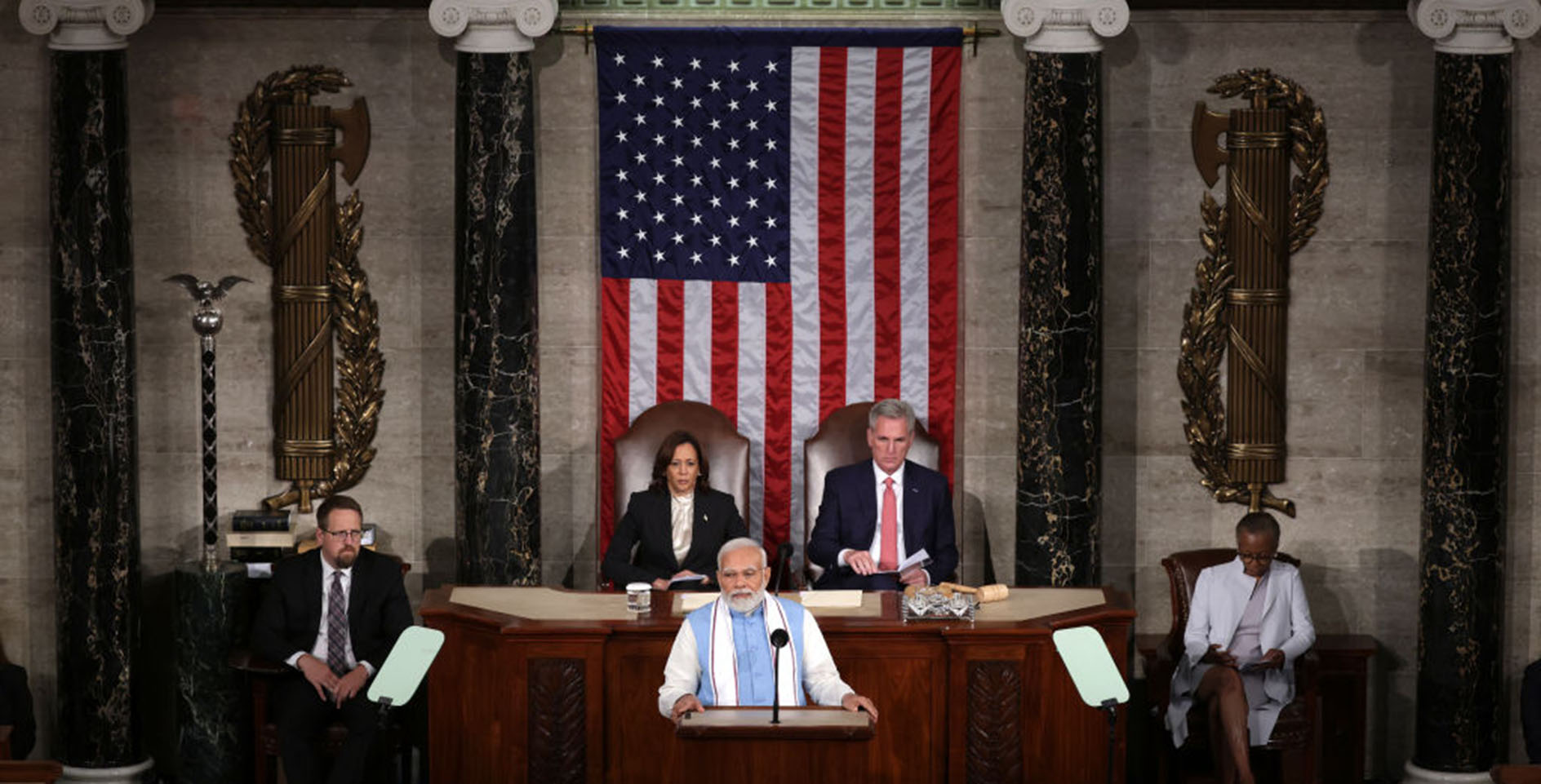March 1, 2019, was the deadline for churches and religious organizations to reregister in the Donetsk People’s Republic (DPR). Only the Russian Orthodox churches of the Moscow Patriarchate have no problem with religious freedom. All of the other churches are now considered illegal.
What will happen now? It is important to observe what is happening in Russia, where thousands of believers are being persecuted as “sectarians” and “extremists,” or in the neighboring Lugansk People’s Republic (LPR), where all evangelical groups and organizations have been banned on the basis of the “law” titled “On Freedom of Conscience and Religious Associations.” Baptists have been directly labeled as extremists and accused of ties with Ukraine and the West.
The law in the DPR creates the basis for a similar scenario. According to this law, “the creation of a sect and expansion of sectarianism” is forbidden and subject to persecution” (Article 3, Point 6 of the “Law on the Freedom of Religious Expression and Religious Associations” of the DPR). Any organization risks being labeled a sect if it is not prepared to register. And the only church allowed to register is the church of the Moscow Patriarchate—all of the others are unlikely even to receive the approval of Orthodox experts. Even a religious group is obliged to go through the process of coordinating its activities, go through a religious examination, become registered, and provide regular detailed reports on its activities (Article 7, Statutes 2-3 of previously named Law of the DPR). Even if believers merely wish to gather in simple home groups in kitchens, attics, or basements, they will most likely face punishment.
All of this means that churches must not engage in any type of mission work or other public activity, spread out in very small groups, and go deeply underground.
How can we help those who are living in this territory of arbitrary laws and terror? Ukrainian political and religious leaders are appealing to the international community for support (1). Social organizations are gathering facts on the multiple violations of religious freedom and are publishing extensive reports (2).
But so far it is difficult to say how and what the international community can do to help Christians in the territory of the DPR, because this quasi-state entity is not recognized by anyone and cannot be influenced by anything other than a direct call from the Kremlin.
The U.S. explicitly states that Russia is behind religious freedom violations in the occupied territories of eastern Ukraine, because Russia considers independent religious activity to be a great threat and is fighting against missionaries as extremists in every way (3).
It is apparent that all new religious freedom restrictions are associated with this Russian influence in the spirit of the anti-extremist and, in fact, anti-missionary “Yarovaya Laws.” And here, social organizations can do little, since even the United Nations, the European Union, and the U.S. cannot influence the flagrant violations of human rights and religious freedom in Russia and in the territories under its control. That’s why the Primate of the Orthodox Church of Ukraine, Metropolitan Epiphanius, speaking of possible catastrophic events after March 1, asks the UN, the Organization for Security and Cooperation in Europe (OSCE), and the participants in the Minsk negotiation process for diplomatic assistance, but most of all asks for universal prayer for congregations and clergy (4).
This is what we can do right now and what works better than anything else: Christian unanimity in prayer for those who are experiencing discrimination and persecution can bring about real miracles. And this may be the strongest evidence to the world—in the DPR, the LPR, Russia, and everywhere where freedom is violated and where the persecuted need our solidarity and full support.
Notes
- U.S. Ambassador-at-Large for International Religious Freedom, Samuel Brownback, assured the Ukrainian delegation of supporting the rights of believers living in the occupied territories of Ukraine to freely confess their faith or belief. Agreements on cooperation in this area were reached during the visit of Ukrainian parliamentarians to Washington, D.C. The Institute for Religious Freedom reports that the meeting of the Head of the Ukrainian delegation, MP Pavlo Unguryan with Ambassador Samuel Brownback, was a part of it. Brownback was provided with an analytical report on religious persecution in the occupied territories of eastern Ukraine, published by the IRF and Mission Eurasia.
- According to IRF reports, a new wave of religious persecution of believers of various denominations in the occupied territories of the Donetsk and Lugansk regions resumed in 2018. Originally, the self-proclaimed authorities in Donetsk and Lugansk adopted the so-called “laws,” which obligated all churches and religious organizations, except the Orthodox Church of the Moscow Patriarchate, to re-register. After that, the activity of many denominations, which did not fall under the conditional definition of “traditional” found themselves under the threat of a ban, and some of them were subject to physical attacks and assaults on property.
- “The Russian government views independent religious activity as a major threat to social and political stability” (See USCIRF Report on Russia) .
- “Over the past five years, the situation regarding the right to freedom of conscience and religion in certain districts of the Donetsk and Lugansk regions of Ukraine (the so-called “DPR” and “LPR”) has been constantly deteriorating. This is manifested in systematic persecution, mistreatment, arrests, seizure of churches, and so on. However, if so far there has been a significant restriction and violation of rights, now, from March 1, 2019, there is a threat of full prohibition of the activities of communities and clerics of our Church, complete confiscation of community property, and the deportation of priests from the so-called “DPR” territory. The reason for this is the unlawful requirement for communities to “register according to the laws of the republic.” Such a requirement cannot be fulfilled, because the structure that issued such a “law” is not recognized by the state. Taking into consideration this threat, we appeal to the United Nations, Organization for Security and Co-operation in Europe (OSCE), the guarantors of the “Minsk Process,” the European Union and, in general, all democratic countries, international and interdenominational institutions, to address those who are responsible for the final decisions related to this matter and who can take measures to prevent the catastrophic development of events. We also ask everyone to pray about the communities and clergy of our Church in the occupied territories of the Donbas and for all those who suffer from captivity” (Statement by Epiphaniy, Metropolitan of Kyiv: “As for the expansion of religious persecution in the occupied territories of the Donbas”).









